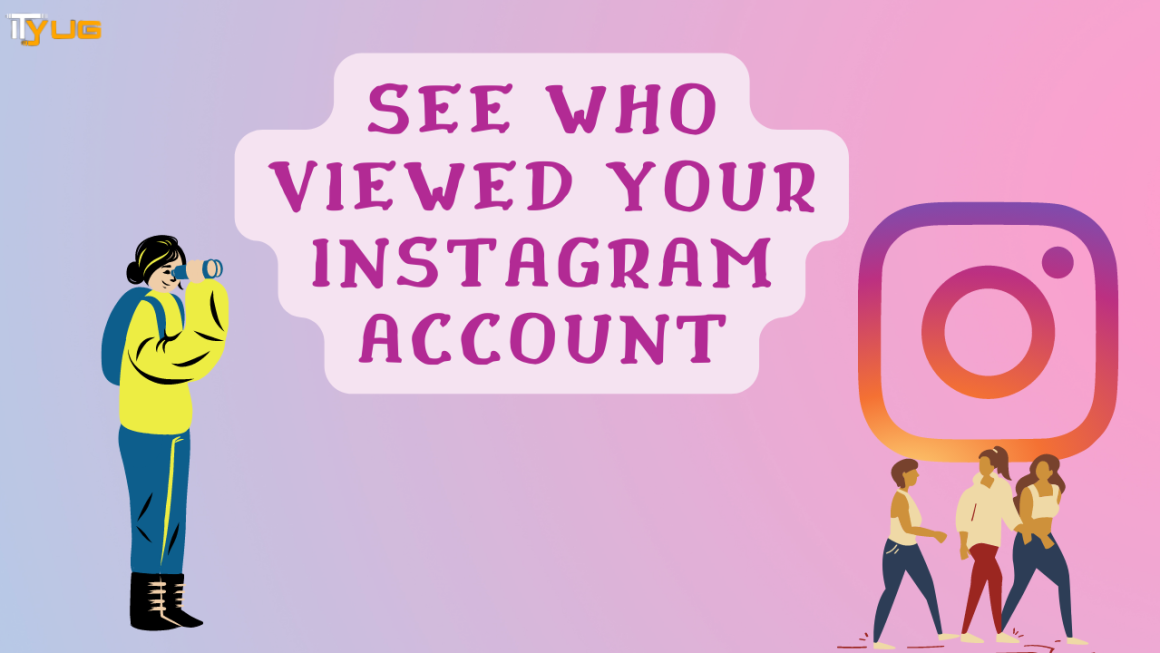Did you know?
0.5% of the global population, i.e. around 40 million people, are already leveraging blockchain tech in some form or the other.
With the pandemic growing further all over the world, more and more companies across industry sectors are getting gravitated towards the WFH (work from home) policy. And amid this big disruption concerned with the future of work, the radar has come on to the HR professionals who now need to manage the remote workforce in a similar manner to how the things were moving before the pandemic.
Although, it sounds easy, but is actually not, managing in-house workforce is one thing, and then, handling employees working remotely, is another. No matter, how many advanced remote communication tools you have access to, it’s still challenging to keep the workforce as productive as it was before the COVID crisis, with WFH into effect.
Blockchain as HR Tech – A Big Relief
The advent of HR tech has given a big hope to the HR leaders worldwide who are working relentlessly in the times of the pandemic. Among all the disruptive HR technologies that have emerged in the recent past, blockchain has come out to be the most useful, with its huge contribution to major HR processes such as recruitment, compensation and benefits management, contract management, and maintaining the privacy of company & employee data.
The safest way to keep digital data secure in the present times is keeping it on a blockchain network, especially when these days, almost every organisation is exploiting cloud support to store their organizational data. While moving to cloud is not bad in any manner, just that there exists a little possibility of hacking and malware attacks. An HR blockchain will eliminate that minor possibility of data getting hacked or stolen over the cloud infrastructure.
Blockchain Investments Are Skyrocketing Across Industries
As per a Deloitte report, blockchain tech is going to attract a heavy investment this year from varied sectors such as healthcare, life sciences, energy and a few more. The report said that a minimum of $5 million will be invested in blockchain technology by industry sectors like media & telecom, and technology in 2020.
In What Ways Will Blockchain Benefit the Chief Human Resource Officers (CHROs)?
The best HR tech trends of 2020 clearly show that blockchain in HR will be revolutionary in the times to come. However, this year, only a small percentage of firms worldwide have opted to deploy blockchain in their HR functions, the experts have predicted that 2021 will see a big surge in the applicability of the disruptive tech in HR, across industries.
Here are the three HR functions blockchain has disrupted in the recent past:
Recruitment
CVs and resumes submitted on an HR blockchain can be tracked and analysed with much ease compared to traditional method of manually searching and analysing the resumes of a large number of candidates. On a company HR blockchain, one can easily keep the candidate records secure, and with automation enabled on the said blockchain, the irrelevant resumes will get automatically separated from the relevant ones. Additionally, on blockchain, HR professionals can verify a candidate’s professional history, educational records, and other credentials with much ease.
Compensation & Benefits
The biggest benefit of leveraging blockchain as HR tech is in the effective management of employee compensation and benefits. A high degree of security and privacy is secured with leveraging blockchain tech for compensation transactions. The catch here is that with blockchain, the details of transactions get known only to the sender and the receiver. For gig professionals and contract workers, blockchain offers the option of receiving remunerations in cryptocurrencies, thereby eliminating complications attached with currency exchange rates.
Safeguarding Privacy of Workforce Data
The HR division at any company is home to an ample amount of confidential employee data that comprises employee records such as salary figures, retirement accounts, bank account numbers, insurance documentation, among other sensitive information. Keeping all these details on a blockchain will safeguard it from a potential hacking or malware attack.





